President Obama and Mitt Romney in Debate Rematch
17 Oct, 2012
HEMPSTEAD, N.Y. (AP) — An aggressive President Barack Obama accused challenger Mitt Romney of peddling a “sketchy deal” to fix the U.S. economy and playing politics with the deadly terrorist attack in Libya in a Tuesday night debate crackling with energy and emotion just three weeks before the election.
Romney pushed back hard, saying the middle class “has been crushed over the last four years” under Obama’s leadership and that 23 million Americans are still struggling to find work. He contended the death of the U.S. ambassador to Libya was part of an unraveling of the administration’s foreign policy.
The president was feistier from the outset than he had been in their initial encounter two weeks ago, when he turned in a listless performance that sent shudders through his supporters and helped fuel a rise by Romney in opinion polls nationally and in some battleground states.
When Romney said Tuesday night that he had a five-point plan to create 12 million jobs, Obama said, “Gov. Romney says he’s got a five-point plan. Gov. Romney doesn’t have a five-point plan. He has a one-point plan. And that plan is to make sure that folks at the top play by a different set of rules.”
Obama and Romney disagreed, forcefully and repeatedly – about taxes, the bailout of the auto industry, measures to reduce the deficit, energy, pay equity for women and health care as well as foreign policy across 90 minutes of a town-hall style debate.
Immigration prompted yet another clash, Romney saying Obama had failed to pursue the comprehensive legislation he promised at the dawn of his administration, and the president saying Republican obstinacy made a deal impossible.
Romney gave as good as he got.
“You’ll get your chance in a moment. I’m still speaking,” the former Massachusetts governor said at one point while Obama was mid-sentence, drawing a gasp from the audience. He said the president’s policies had failed to jumpstart the economy and had cramped energy production.
The open-stage format left the two men free to stroll freely across a red-carpeted stage, and they did. Their clashes crackled with energy and tension, and the crowd watched raptly as the two sparred while struggling to appear calm and affable before a national television audience.
While most of the debate was focused on policy differences, there was one more-personal moment, when Obama said Romney had investments in China.
“Mr. President, have you looked at your pension?” Romney interrupted.
“You know, I don’t look at my pension. It’s not as big as yours,” shot back Obama to his wealthier rival.
Obama noted Romney’s business background to rebut his opponent’s plans to fix the economy and prevent federal deficits from climbing ever higher.
“Now, Gov. Romney was a very successful investor. If somebody came to you, Governor, with a plan that said, here, I want to spend $7 or $8 trillion, and then we’re going to pay for it, but we can’t tell you until maybe after the election how we’re going to do it, you wouldn’t take such a sketchy deal and neither should you, the American people, because the math doesn’t add up.”
Countered Romney, a few minutes later, “It does add up.”
Under the format agreed to in advance, members of an audience of 82 uncommitted voters posed questions to the president and his challenger.
Nearly all of them concerned domestic policy until one raised the subject of the recent death of the U.S. ambassador to Libya in a terrorist attack at an American post in Benghazi. Romney said it took Obama a long time to admit the episode had been a terrorist attack, but Obama said he had said so the day after in an appearance in the Rose Garden outside the White House.
When moderator Candy Crowley of CNN said the president had in fact done so, Obama, prompted, “Say that a little louder, Candy.”
Secretary of State Hillary Clinton has taken responsibility for the death of Ambassador L. Christopher Stevens and three other Americans, but Obama said bluntly, “I’m the president, and I’m always responsible.”
Romney said it was “troubling” that Obama continued with a campaign event in Las Vegas on the day after the attack in Libya, an event the Republican said had “symbolic significance and perhaps even material significance.”
Obama seemed to bristle. He said it was offensive for anyone to allege that he or anyone in his administration had used the incident for political purposes. “That’s not what I do.”
According to the transcript, Obama said on Sept. 12, “No acts of terror will ever shake the resolve of this great nation, alter that character or eclipse the light of the values that we stand for.”
One intense exchange focused on competing claims about whether energy production is increasing or slowing. Obama accused Romney of misrepresenting what has happened – a theme he returned to time and again. Romney strode across the stage to confront Obama face to face, just feet from the audience.
Both men pledged a better economic future to a young man who asked the first question, a member of a pre-selected audience of 82 uncommitted voters.
Then the president’s determination to show a more aggressive side became evident.
“That’s been his philosophy in the private sector,” Obama said of his rival. “That’s been his philosophy as governor. That’s been his philosophy as a presidential candidate. You can make a lot of money and pay lower tax rates than somebody who makes a lot less.”
“You can ship jobs overseas and get tax breaks for it. You can invest in a company, bankrupt it, lay off the workers, strip away their pensions and you still make money. That’s exactly the philosophy that we’ve seen in place for the last decade,” the president said in a scorching summation.
Unable to respond at length because of the debate’s rules, Romney said the accusations were “way off the mark.”
But moments later, he reminded the national television audience of the nation’s painfully slow recovery from the worst recession in decades.
There are “23 million people struggling to find a job. … The president’s policies have been exercised over the last four years and they haven’t put America back to work,” he said. “We have fewer people working today than when he took office.”
Economic growth has been slow throughout Obama’s term in office, and unemployment only recently dipped below 8 percent for the first time since he moved into the White House. Romney noted that if out-of-work Americans who no longer look for jobs were counted, the unemployment rate would be 10.7 percent.
Both men had rehearsed extensively for the encounter, a turnabout for Obama.
“I had a bad night,” the president conceded, days after he and Romney shared a stage for the first time, in Denver. His aides made it known he didn’t intend to be as deferential to his challenger this time, and the presidential party decamped for a resort in Williamsburg, Va., for rehearsals that consumed the better part of three days.
Romney rehearsed in Massachusetts and again after arriving on Long Island on debate day, with less to make up for.
Asked Tuesday night by one member of the audience how he would differ from former President George W. Bush, the last Republican to hold the office, Romney said, “We are different people and these are different times.”
He said he would attempt to balance the budget, something Bush was unsuccessful in doing, get tougher on China and work more aggressively to expand trade.
Obama jumped in with his own predictions – not nearly as favorable to the man a few feet away on stage. He said the former president didn’t attempt to cut off federal funding for Planned Parenthood or turn Medicare into a voucher system.
Though the questions were from undecided voters inside the hall – in a deeply Democratic state – the audience that mattered most watched on television and was counted in the tens of millions. Crucially important: viewers in the nine battlegrounds where the race is likely to be settled.
The final debate, next Monday in Florida, will be devoted to foreign policy.
Opinion polls made the race a close one, with Obama leading in some national surveys and Romney in others. Despite the Republican’s clear gains in surveys in recent days, the president led in several polls of Wisconsin and Ohio, two key Midwestern battlegrounds where Romney and running mate Paul Ryan are campaigning heavily.
Barring a last-minute shift in the campaign, Obama is on course to win states and the District of Columbia that account for 237 of the 270 electoral votes needed for victory. The same is true for Romney in states with 191 electoral votes.
The remaining 110 electoral votes are divided among the hotly contested battleground states of Florida (29), North Carolina (15), Virginia (13) New Hampshire (4), Iowa (6), Colorado (9), Nevada (6), Ohio (18) and Wisconsin (10).
Obama has campaigned in the past several days by accusing Romney of running away from some of the conservative positions he took for tax cuts and against abortion earlier in the year when he was trying to win the Republican nomination.
“Maybe you’re wondering what to believe about Mitt Romney,” says one ad, designed to remind voters of the Republican’s strong opposition to abortion except in cases of rape, incest or when the life of the mother is at stake.
Romney countered by stressing both in person and through his television advertising the slow pace of the economic recovery, which has left growth sluggish and unemployment high throughout Obama’s term. Joblessness recently declined to 7.8 percent, dropping below 8 percent for the first time since the president took office.
Mentioned In This Post:
About the author
Trending Report
The Trending Report is the only online platform where celebrities, trendsetters and news-makers can speak directly to their fans free from the exaggerated headlines, out of context sound-bites and flat out lies we see in today’s media. We vigorously seek opportunites to bring authenticity to the events and stories that shape our interests by seeking out the individuals who are involved for our interviews. Because our interviews are in context you are assured an authentic story. Putting control of the story back in the hands of the people involved.
Related Posts
-
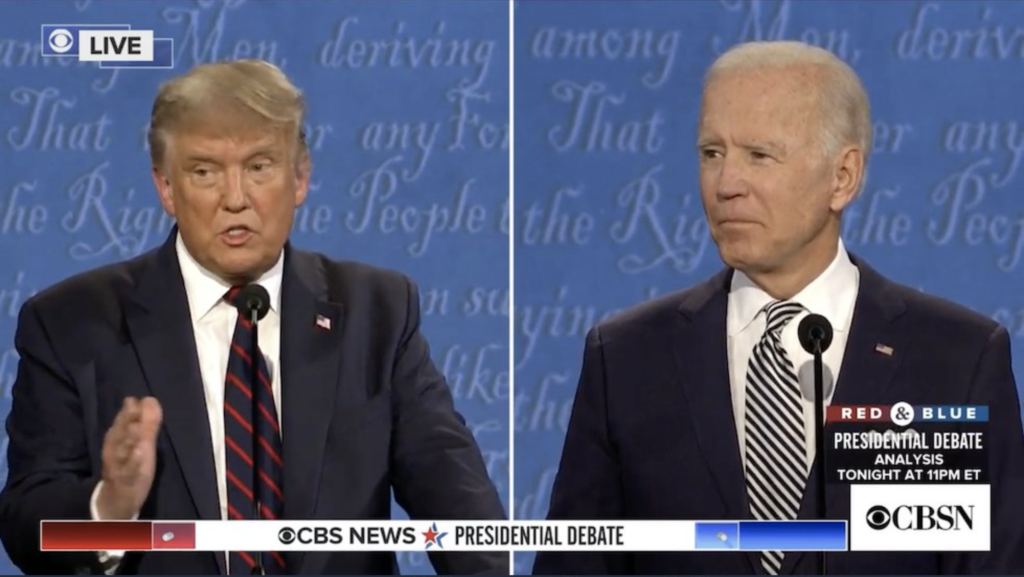
What A Shit Show!
-
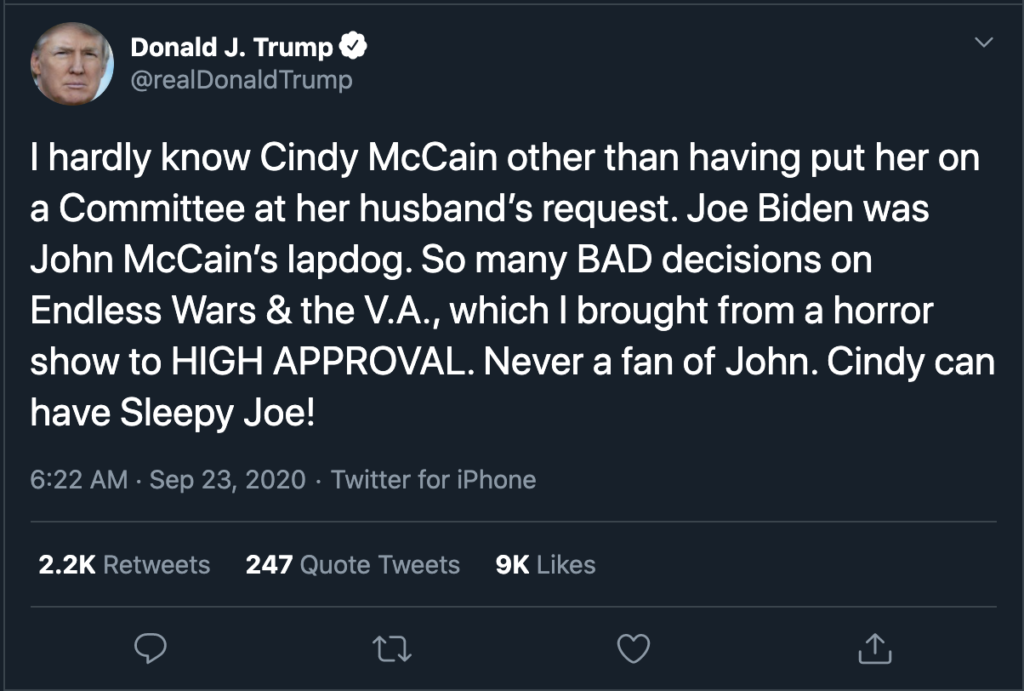
McCain Endorses Biden, Trump No Likey
-
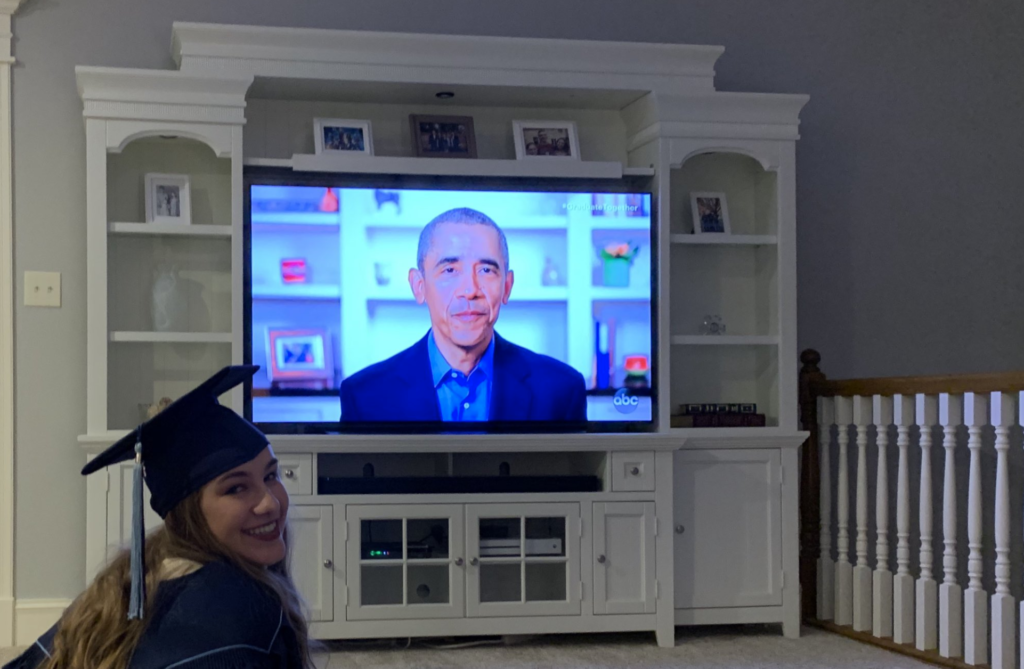
Thank You Mr. President
-
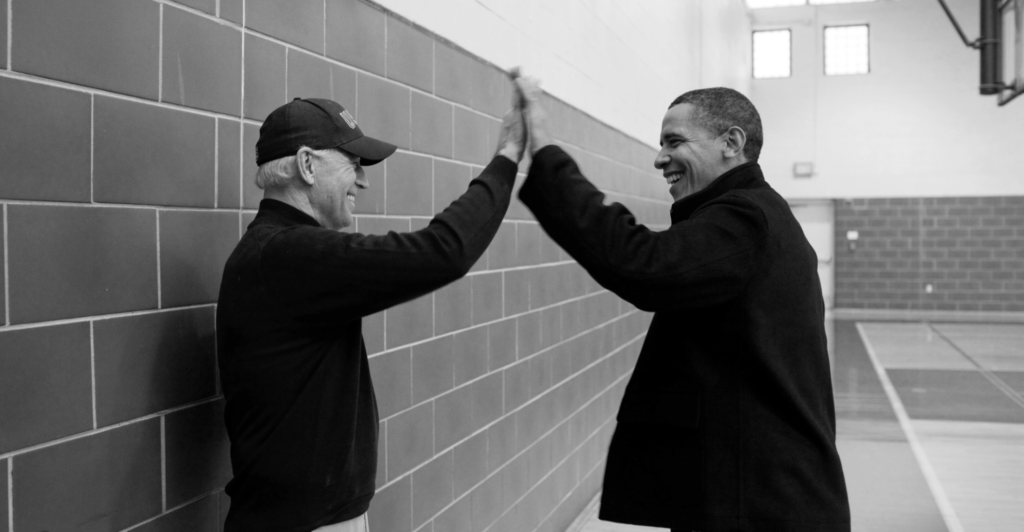
The President Makes His Endorsement
-
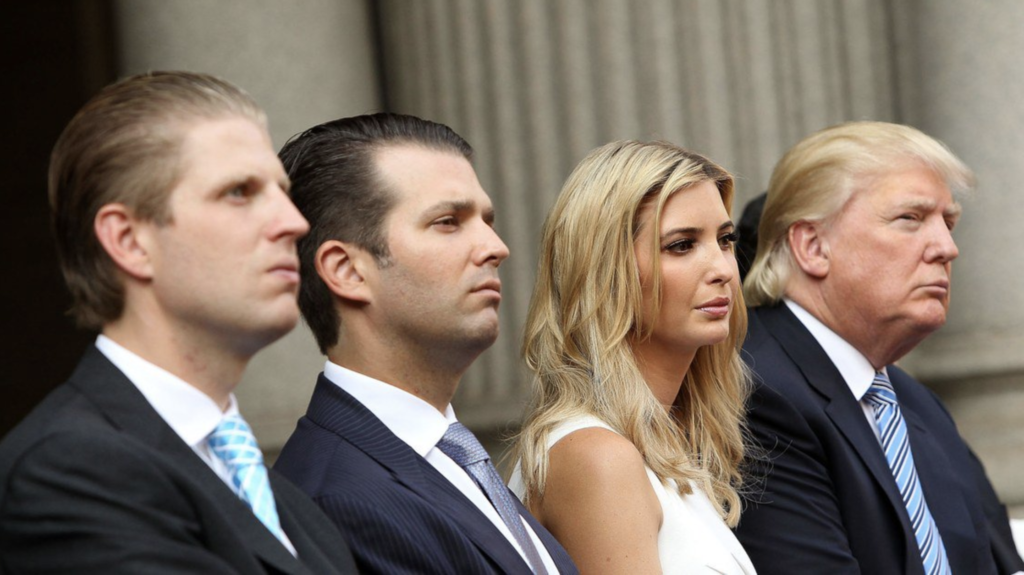
Naw, This Doesn't Seem Guilty at All
-
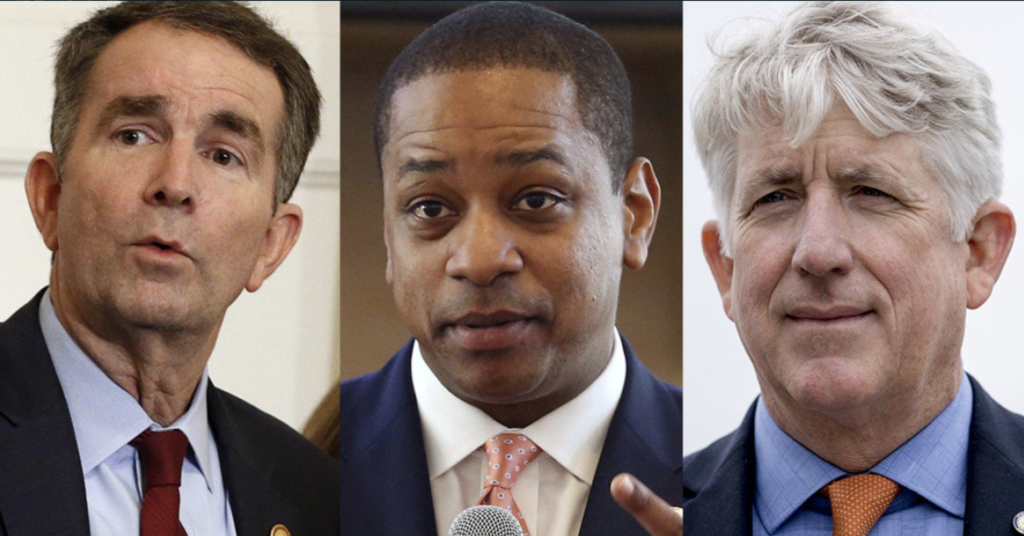
What The Hell Is Going On In Virginia?
-
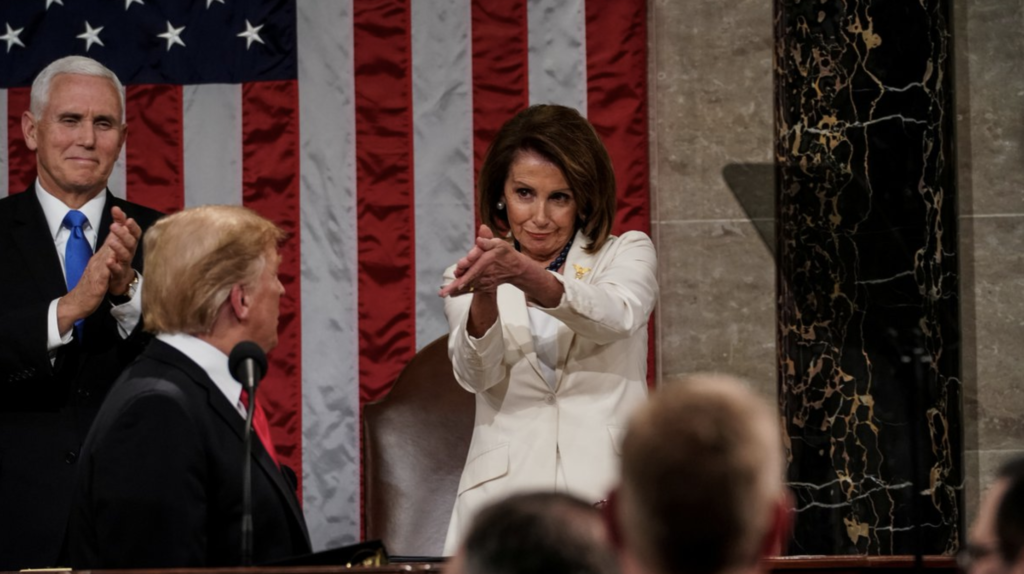
The Clap Hear Around the Internet
-
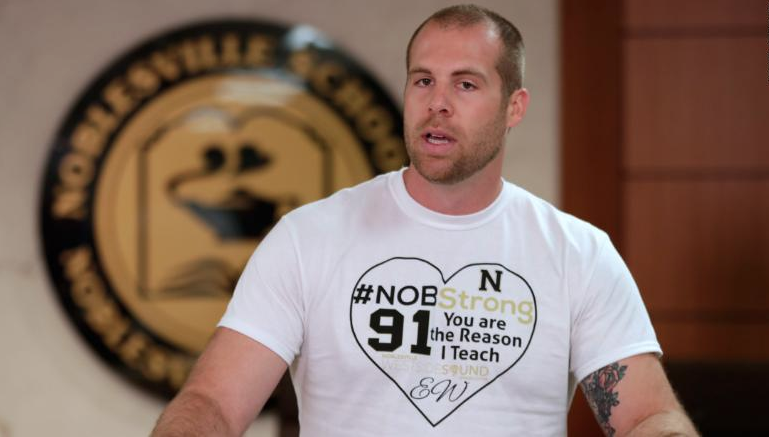
Teacher Took Bullets For His Students and Lives To Tell About it
-
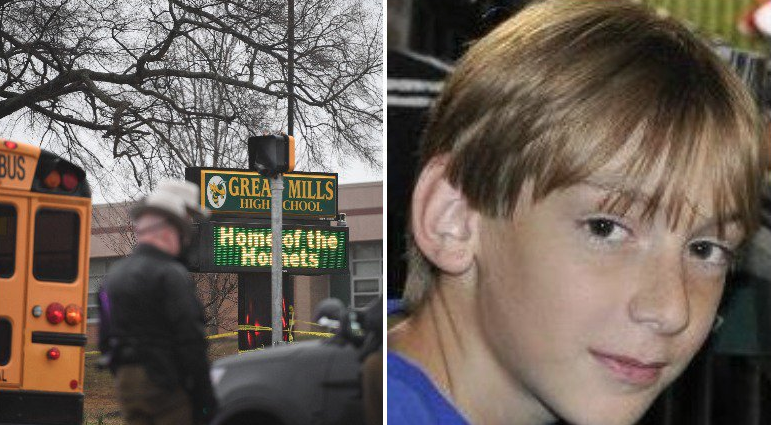
ANOTHER School Shooting!
-

The Obama's Are Artwork










